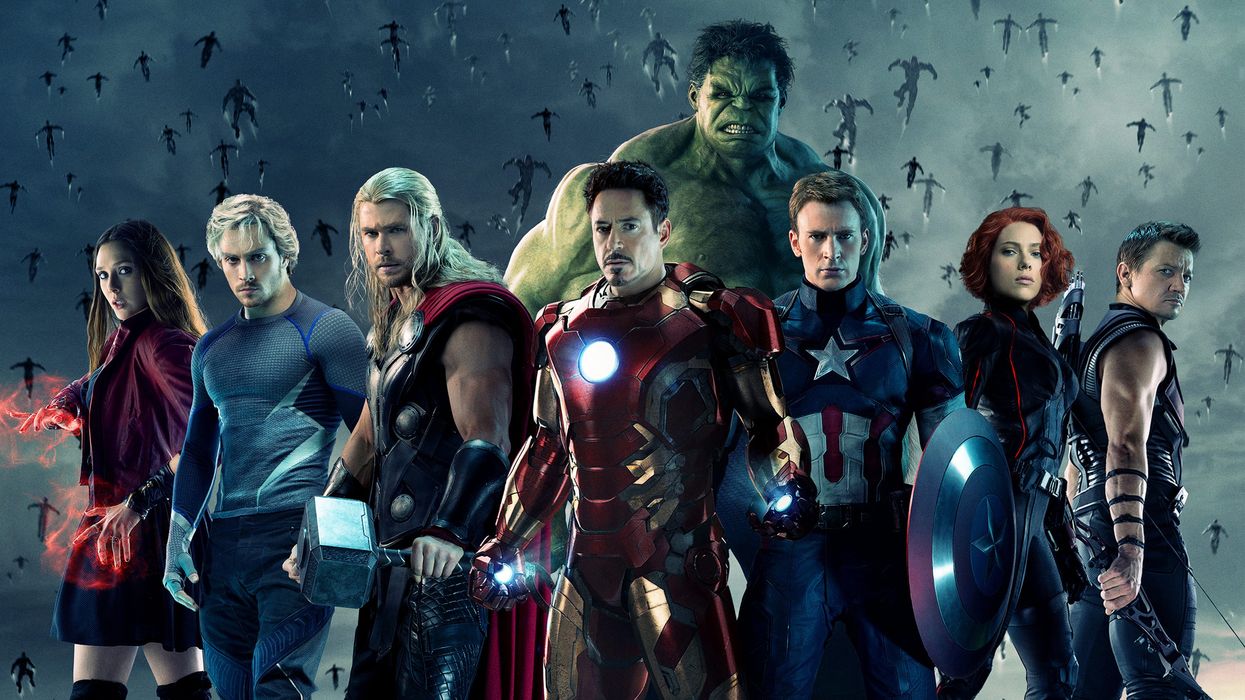3 Problems with Modern Superhero Storytelling
If you're left feeling underwhelmed after watching a superhero movie, these might be the reasons.

Full disclosure here—I am not a big fan of superhero movies, but it's not due to my lack of trying. In my younger days, films like Batman Returns, X-Men, The Dark Knight, and Iron Man actually got me excited about watching superpeople defending the world from impending doom, while films like Kick Ass, Guardians of the Galaxy, and Deadpool give me hope that there is more to be seen from an action sub-genre that has become rather stale.
But what is it that makes some superhero flicks flop and others not? It seems as though they've all got the signature elements of the brand: action, explosions, epic fight sequences, and the battle between good and evil, but perhaps there's more to it. In fact, I know there's more to it, and in this video essay from Simon Cade of DSLRguide, we get to learn about three areas in particular that seem to cause the biggest problems for these high-budget CBMs.
Whether or not you enjoy watching individuals with superhuman strength and ability (or at least wonderful toys) go toe to toe with all types of malevolent forces, I think it's safe to say that, at the end of the day, people love good stories. I probably dislike romantic comedies more than superhero flicks, but guess what my #2 all-time favorite movie is—Annie Hall. (And I definitely wouldn't mind watching When Harry Met Sally on any given Sunday afternoon.)
Story is king, always. Story wins over genre, style, or age-old universal rivalry. That's why it's so important to put story above everything else when working on a project, especially when working within a genre that has been putting it in the corner in order to put action-packed CGI set pieces and expertly choreographed fight scenes in the spotlight. Sure, it's a spectacle, but spectacle isn't story.
So, if you're working on a film, even if it's not a superhero film (but especially if it is), take some time to think about Cade's observations about the genre and what he thinks is lacking. Is your story a regurgitation of what we've already seen, or are you adding something new? Are you allowing your audience to feel empathy toward the characters you're putting in harm's way—even the faceless ones presumably inside the buildings you're demolishing? Are you putting your hero through the emotional hell that you viewers have likely gone through, because I doubt many of them have ever had to muster up enough courage to save the world from the cybernetic shapeshifting aliens of a murderous Asgardian prince.
Source: DSLRguide











